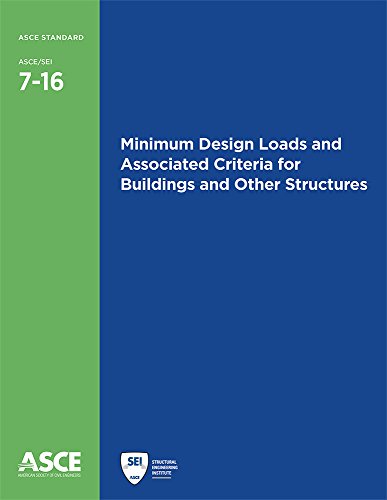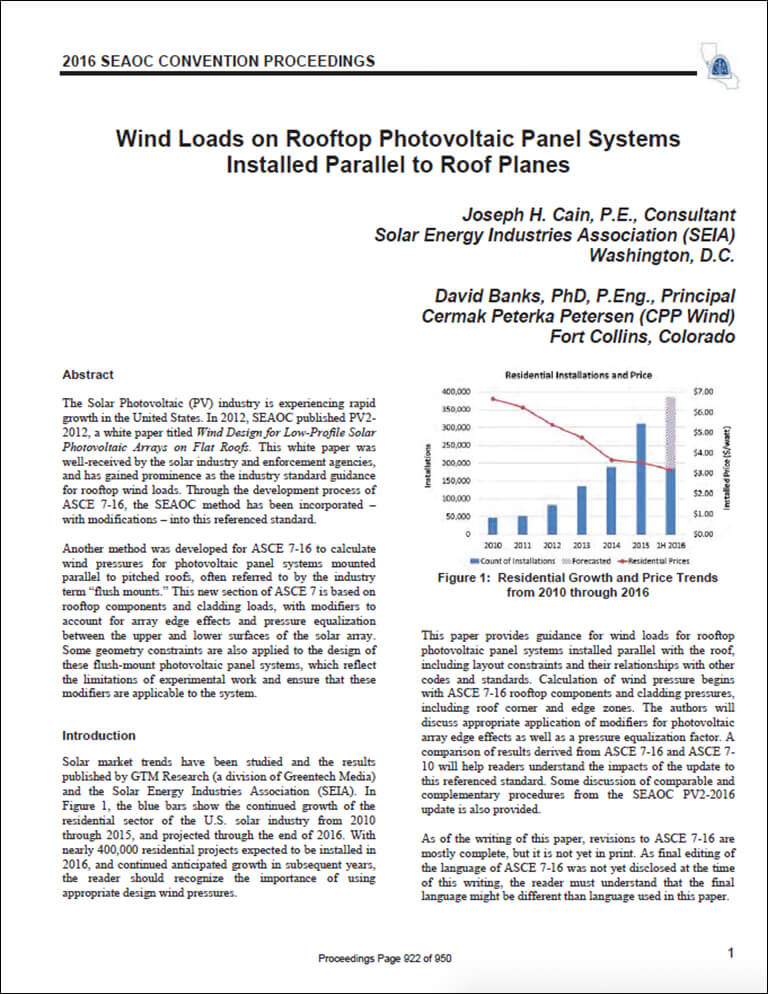- Available Formats
- Options
- Availability
- Priced From ( in USD )
- Secure PDF
- 👥
- Immediate download
- $240.00
- Printed Edition
- Ships in 1-2 business days
- $240.00

Customers Who Bought This Also Bought
ASCE 7-16 Seismic Loads
Priced From $125.00ASCE 17-96
Priced From $66.00ASCE Manual of Practice No. 71
Priced From $198.00ASCE Manual of Practice No. 99
Priced From $49.00

About This Item
For instance, it includes, ASCE 7-05, ASCE 7-10 and ASCE 7-16, each being a different release of the same standard. The latest version is ASCE 7-16, and many of the changes found from the ASCE 7-10 version to ASCE 7-16 can be found in this article. ASCE 7-05 is also included in MecaWind, but this older version of the standard is used less. Minimum Design Loads and Associated Criteria for Buildings and Other Structures, ASCE/SEI 7-16, provides the most up-to-date and coordinated loading standard for general structural design. ASCE 7-16 describes the means for determining design loads including dead, live, soil, flood, tsunami, snow, rain, atmospheric ice, earthquake, wind,. Names: American Society of Civil Engineers. Title: Minimum design loads and associated criteria for buildings and other structures. Other titles:Minimum design loadsfor buildings and other structures. ASCEstandard, ASCE/ SEI 7-16, minimum design loads and associated criteria for buildings and other structures. Seismic Force–Resisting System ASCE 7 Section where Detailing Requirements are Specified Response Modification Coefficient, Ra System Overstrength Factor, Ω0 g Deflection Amplification Factor, Cd b Structural System Limitations and Building Height (ft) Limitc Seismic Design Category B C Dd Ed Fe 22. Prestressed masonry shear walls 14.4 11/2.
Full Description
Prepared by the Committee on Minimum Design Loads for Buildings and Other Structures of the Codes and Standards Activities Division of the Structural Engineering Institute of ASCE

Minimum Design Loads and Associated Criteria for Buildings and Other Structures, ASCE/SEI 7-16, provides the most up-to-date and coordinated loading standard for general structural design. ASCE 7-16 describes the means for determining design loads including dead, live, soil, flood, tsunami, snow, rain, atmospheric ice, earthquake, wind, and fire, as well as how to assess load combinations. The 2016 edition of ASCE 7, which supersedes ASCE/SEI 7-10, coordinates with the most recent material standards, including the ACI, AISC, AISI, AWC, and TMS standards. Significant changes in ASCE 7-16 include the following:
- new seismic maps reflecting the updated National Seismic Hazard Maps;
- new wind speed maps, including new Hawaii maps, that result in reduced wind speeds for much of the United States, clarified special wind study zones, and separate Risk Category IV from Category III;
- new snow load maps incorporating regional snow data for areas that previously required site-specific case study zones;
- updated rain duration provisions that align design requirements with International Plumbing Code provisions for drainage;
- entirely new chapter covering tsunami design provisions, which are important to Alaska, Hawaii, California, Oregon, and Washington; and
- new appendix provisions for fire design.
Asce 7 16 Pdf Free Download
